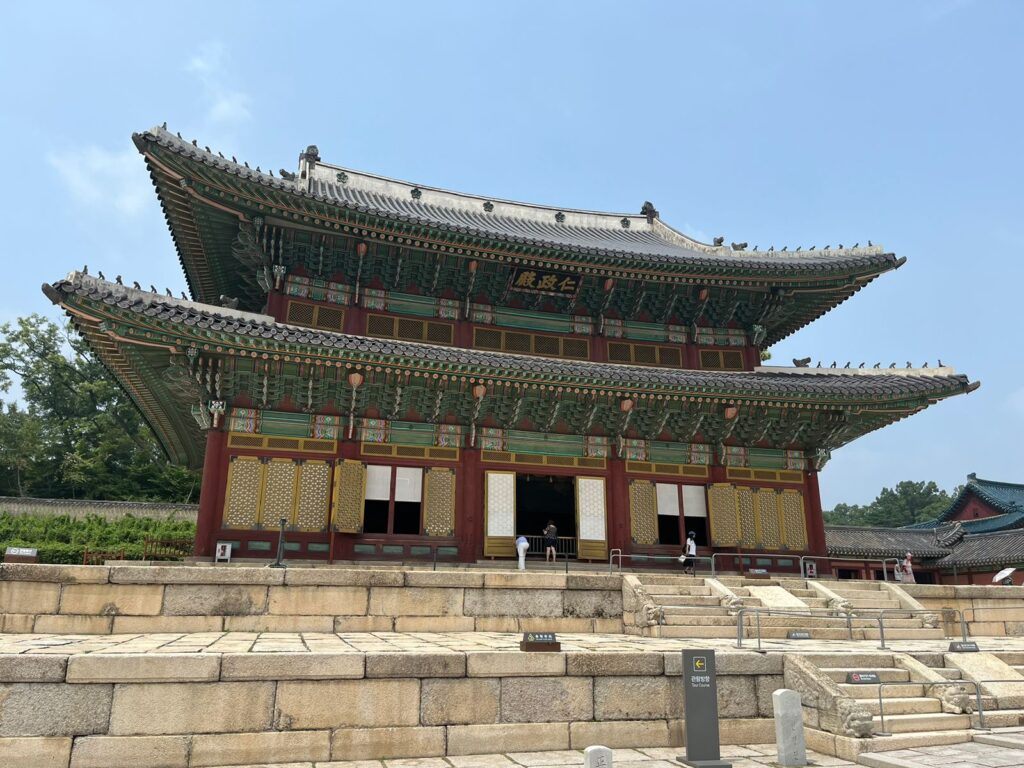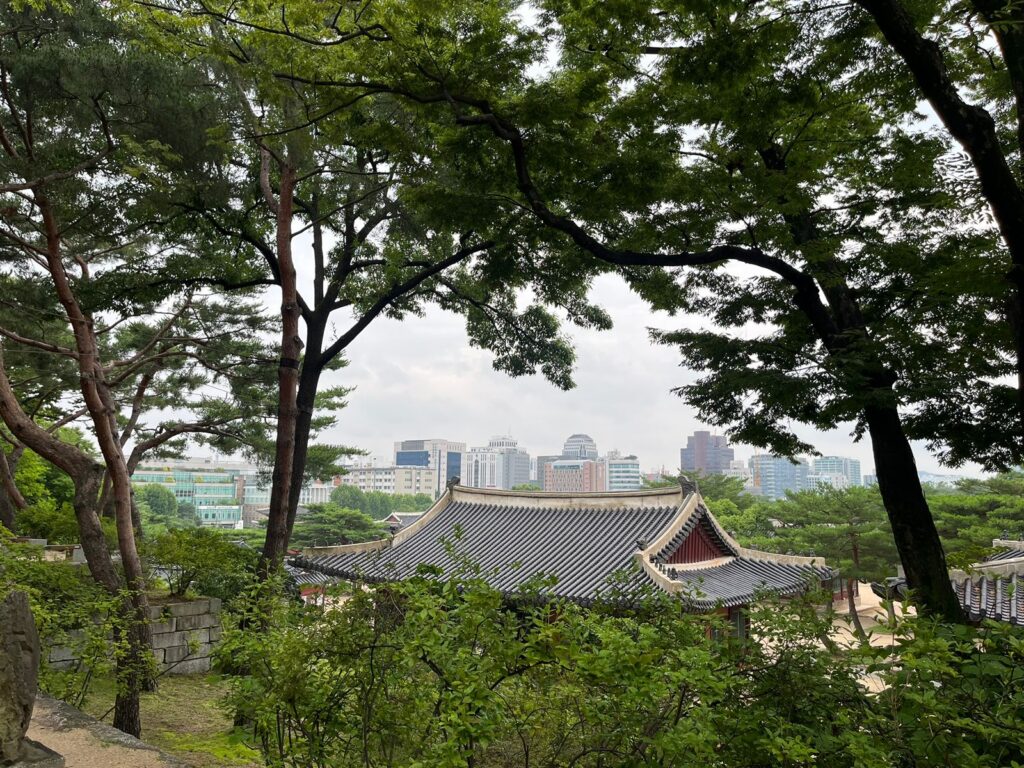Our scholarship holder, doctoral student Pablo González Delgado, recently participated in the 31st International Congress on Theory and Philosophy of Law 2024 in Seoul, South Korea, with a presentation entitled ‘The challenges of Critical Theory in Law: analysis from the epistemologies of the South‘ as part of the special workshop ‘The open veins of Latin America‘, an event led by Professor Antonio Carlos Wolkmer. According to what Pablo tells us about his presentation, ‘the integration of critical theory in legal studies provides a framework for understanding and addressing the complex challenges of the Latin American context, and presents itself as a space for dialogue, exchange and knowledge construction, with the aim of contributing to the transformation of law and justice in Latin America from a critical and emancipatory perspective. It is also an attempt to understand the paths that Critical Theory has taken in Latin America and some of the challenges it faces, in order to contribute epistemological tools to the contemporary debate’.

During the opening day, Pablo participated in the lectures ‘Moving Goalposts: From the rule of Law to Well-Tempered Power’ presented by Martin Krygier and ‘Rule of Law, Legal Adjudication, and Invisible Law’, by Claudina Cornesu. In addition, he attended the lectures ‘Democracy Today’ by Michael J. Sandel and ‘The Dynamic Nature of Legal Interpretation and the Role of the Judiciary’ by Young Joon Kwon. Some other lectures of interest to our fellow were ‘Three Dialects of Human Rights’ by Julie Saada, ‘Gender Equality ND Rawl’s Political Liberalism: Our common aspirations’ by Yuko Kamishima and the lecture proposed by Maria Grahn-Farley, ‘The Child being Heard but unable to Speak’.
For Pablo, the congress was a space of intercultural dialogue in which he was able not only to strengthen intellectual ties with the participants, but also to establish interpersonal relations by meeting different academics in person and understanding the context from which they speak. According to our scholar, centralised spaces of power in countries with a privileged geopolitical position dominate the legal discourse, but it was also gratifying for him to note that more and more scholars from peripheral spaces are entering the debate and changing the hegemonic logics present in legal discourses, thus shifting the focus of the discussions. This was evident not only in the openness and diversity of the speakers, but also in the topics of the debate, and even in the different languages in which the presentations could be made.


In addition to the discussions and presentations, during the congress, a number of excursions were planned by the congress management, during which Pablo was able to get to know the city of Seoul and the Gangnam district, as well as Korean culture, history and gastronomy. About his experience, Pablo commented: “Seoul is a city full of history and culture that combines its ancient palaces and temples with a modern city, making it a unique city. Crossing the peninsula and seeing the vast fields of mechanised crops, the history around every corner and the variety of food makes South Korea an incredible place. From Gangnam it was very interesting to visit the market where you can find seafood, kimbap and kimchi of all flavours and colours. The Korean barbecue is also a delicacy, which by its very nature encourages dialogue and respect at dinner time. Two things are particularly interesting about South Korea. The first is the eternal war with its sister, North Korea, which began as a Cold War superpower conflict and continues to this day, dividing the peninsula. The second is the so-called ‘Han River miracle’, the name given to the country’s accelerated economic development in recent decades. Although contradictory, it is just one example of how the right mix of economic and institutional policies, along with cultural and historical variables, can change the course of a nation”.


We thank Pablo for sharing his academic and cultural experience with us and wish him continued success in his academic journey.
* This support was possible thanks to the German Academic Exchange Service (DAAD) through the Doctoral Studies Support Programme (DSSP), which provides annual support for national and international mobility to scholarship holders of the programme and to researchers of the National University of Colombia through the Institute of Environmental Studies (IDEA).
